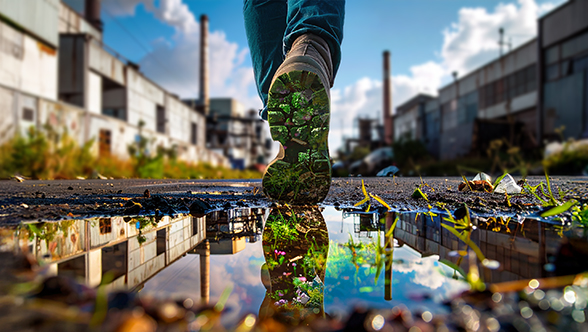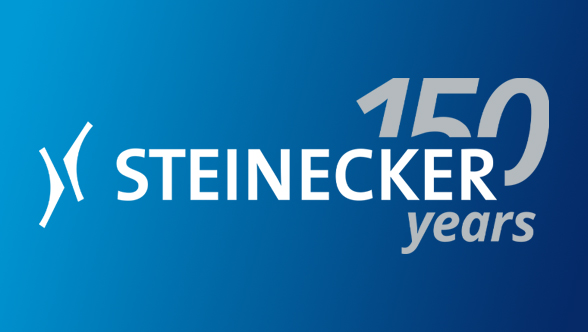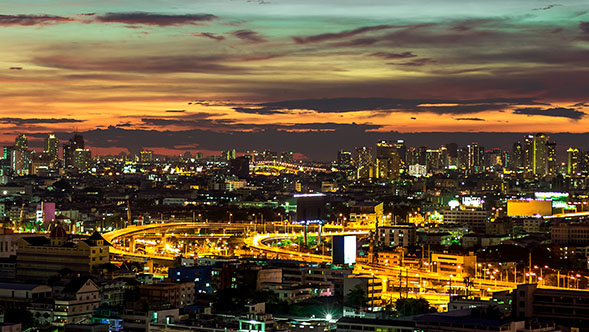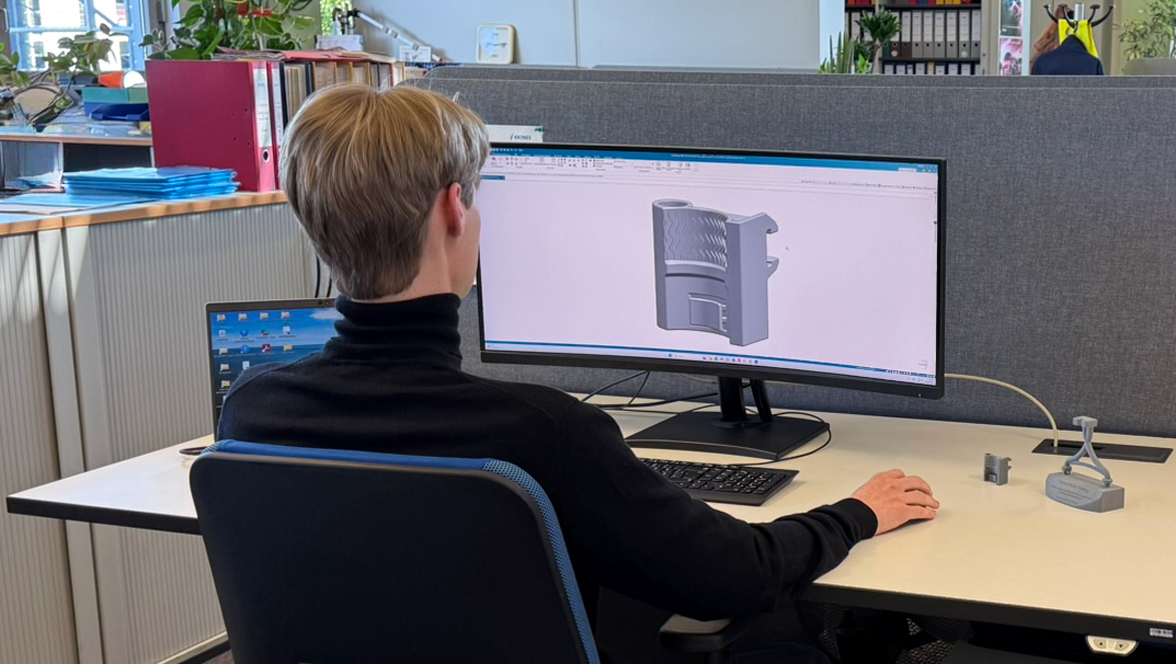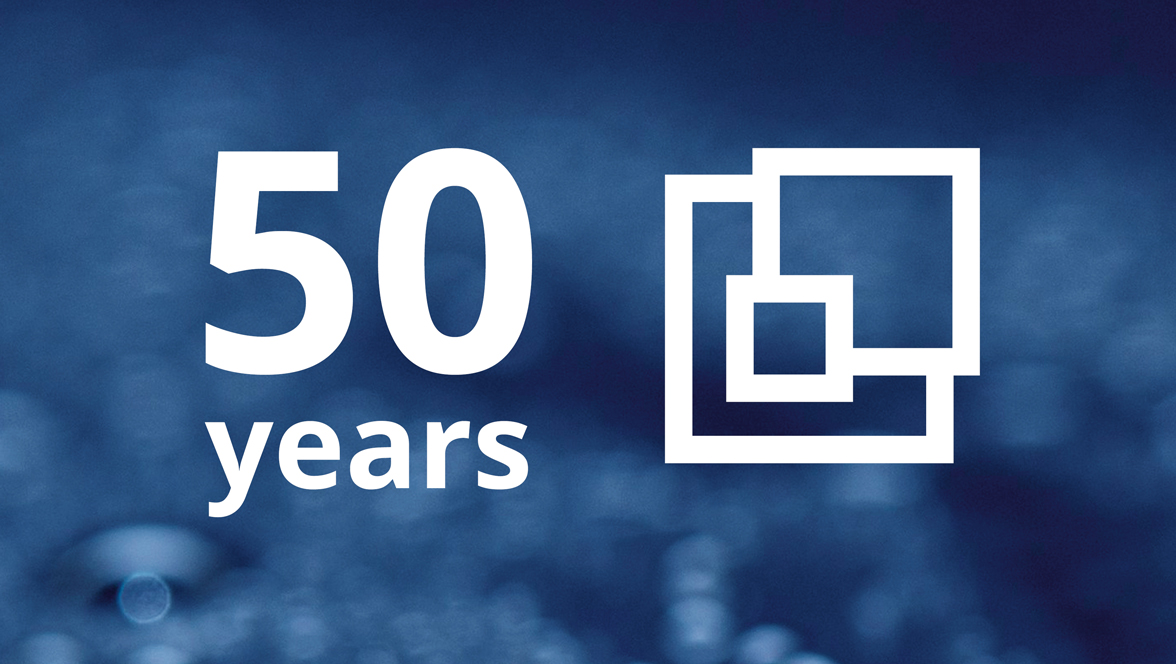With a clear vision for the future and a firm commitment to environmental protection and sustainability, Krones has developed a comprehensive strategy and puts its focus on the two key issues of human rights and greenhouse gas emissions. There is one area in particular where the former can be preserved and the latter reduced: the supply chain. If this is to be made more sustainable, active cooperation with our suppliers is essential. This is already subject to certain rules, an overview of which we would like to give here.
As regards greenhouse gas emissions, under our net zero target is to cut 90 percent of these by 2040, with the remaining 10 percent being neutralised.
Emissions are divided into three scopes: Scope 1 comprises the emissions that are produced with the company’s own plant. Scope 2 covers emissions from purchased energy, such as power and heating gas. Scope 3 concerns both the upstream and the downstream supply chain, i.e. our suppliers and, ultimately, the use of our products by customers.


